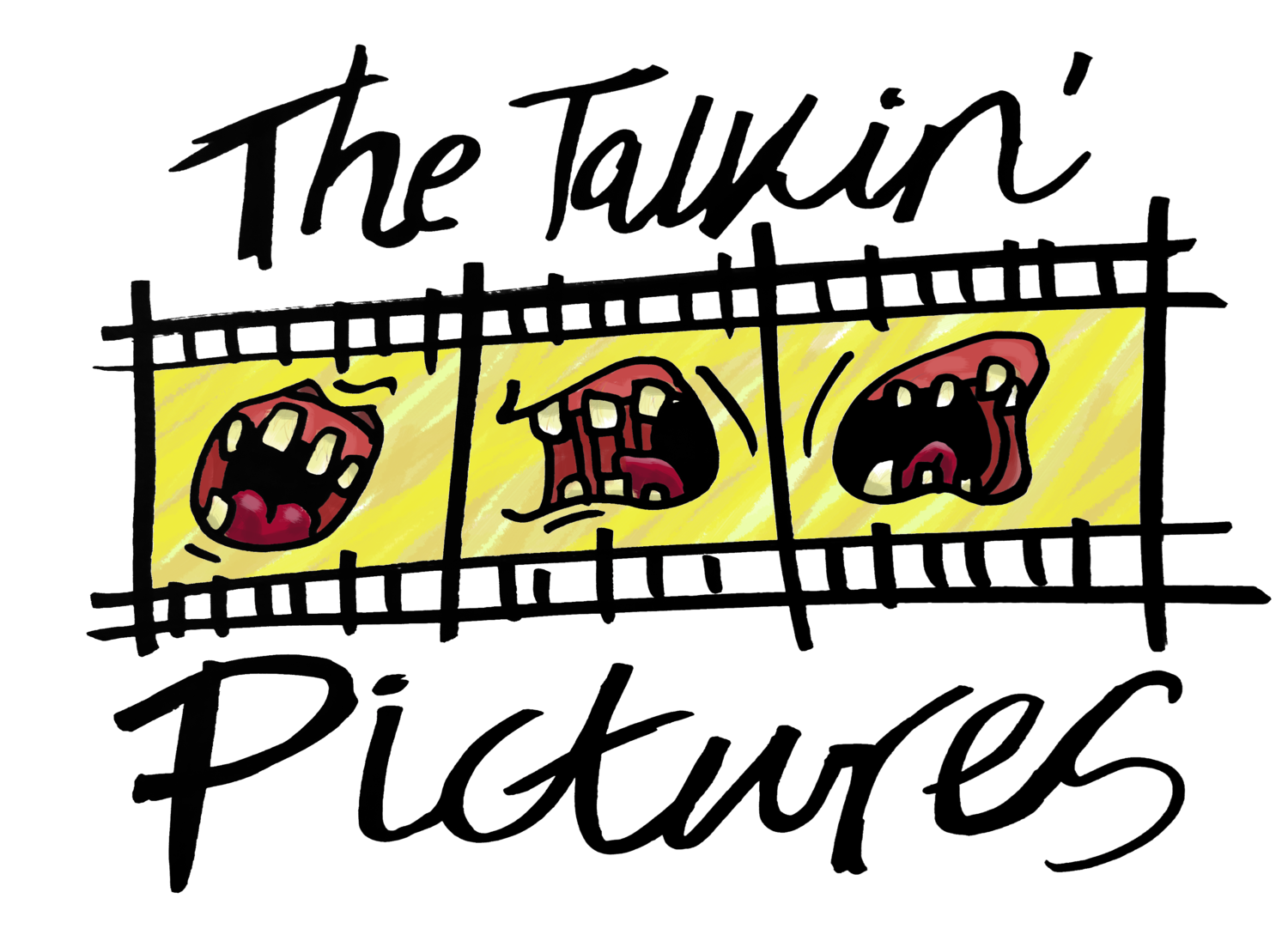"Wouldst thou like to see the world?"
After being banished from their village a devout Christian family in 17th Century New England plan to start their lives anew by building a small farm on the edge of a foreboding forest. After their infant child Samuel is taken by something from deep within the woods the family debate over whether it was a merely woodland animal or something much more sinister. Slowly a dark and evil presence begins to creep into the small farm, slowly corrupting and destroying the family's hope and faith.
With “The Witch” writer/director Robert Eggers has crafted one of the most impressive film debuts in recent years. By employing a relatively simple narrative he is able to use his camera and his actors to convey a brilliant mix of anxiety and horror unlike anything that is seen in mainstream horror today. Following in the recent footsteps of films like “It Follows” and “The Babadook”, “The Witch” is a visually stunning horror piece that fans of the genre have been waiting some time for. A richly realized world that is grounded in reality and haunted by an overwhelming sense of dread and rhetoric, handed out by the overly religious and frightening figures at its core.
The small cast do an expert job bringing the puritanical language to life on screen, letting the constantly shifting relationships between each other not only inform their performances but the mood of the film itself. The interplay between the staunch religion of the overbearing parents, brilliantly brought to life by Ralph Ineson and Kate Dickie, and the innocence and trepidation of their children, son Caleb (Harvey Scrimshaw) and their oldest daughter and our protagonist Tomasin (Anya Taylor-Joy) is what helps bring the real horror out. The bombast with which the gospel is preached against the unforeseen evils lurking in the woods serves as not only the match that starts the smouldering fire of suspense in the film, it’s the gasoline that is doused over it, erupting it into a horrific, uncontrollable blaze.
This is only accentuated by the brilliant cinematography on display by Jarin Blaschke whose stable camera and muted colour palate help establish the bleak and melancholy tone that allows the audience to get lost in the visuals, similar to the woods surrounding the small farmhouse. This starkness in the visuals makes the rare instances of reds, oranges or greens all that more important and impactful, adding a sharp contrast to and somewhat jarring jolt into the dreary world we’ve become accustomed to. The haunting visuals are complimented by an equally ominous score by composer Mark Korven, whose minimalist approach seems to serves more to disorient the audience rather than scare them.
While the narrative of “The Witch” isn’t anything new or necessarily exciting, it’s the way in which it’s presented that makes it unique. The traditional, almost Shakespearian language used in the film may make it less accessible for some, however first-rate performances and breathtaking visual filmmaking help immerse the audience into this ominous and dread filled world that Robert Eggers has so meticulously constructed.
8 out of 10.
Reviewed by Chris Swan.


